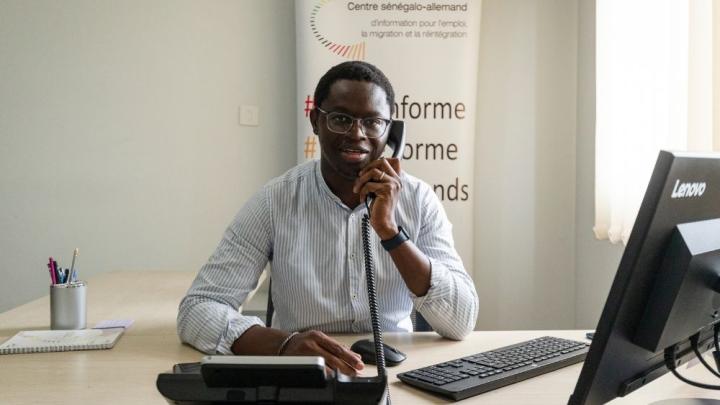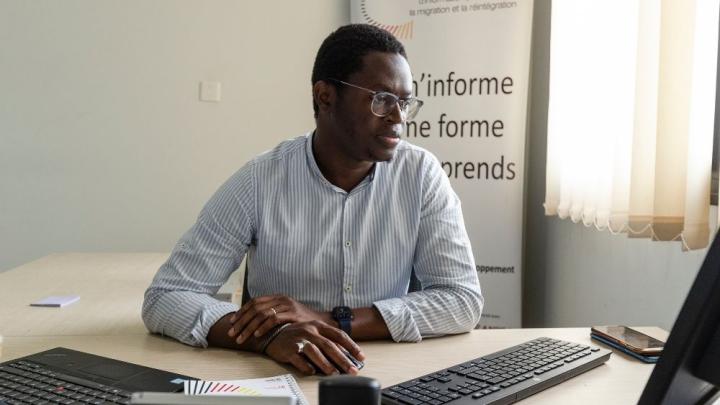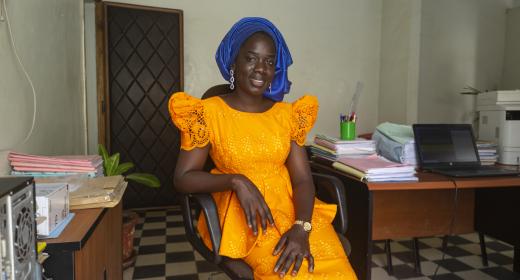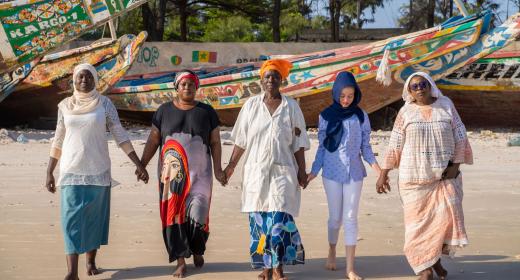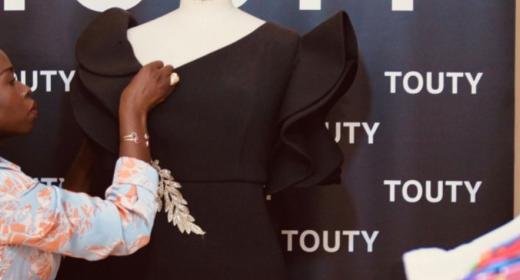Abdourahmane Idaly Kamara, director of the German-Senegalese Centre for Jobs, Migration and Reintegration (CSAEM) in Dakar, on the work done by the centre and what motivates him personally.
How do you and your team support people seeking advice?
The centre is open to everyone. We welcome everyone, including locals, internally displaced people and returning migrants. The first step is to identify people's needs. We exchange information on the phone, via social media or in personal conversations at the centre. This way we learn more about the people and can refer them to a suitable advisor from the team. Based on our experience, we can also identify whether someone needs psychosocial support. Many returnees suffer from trauma and have difficulties reintegrating. In these cases, we refer them to the "House of Hope", for example.

